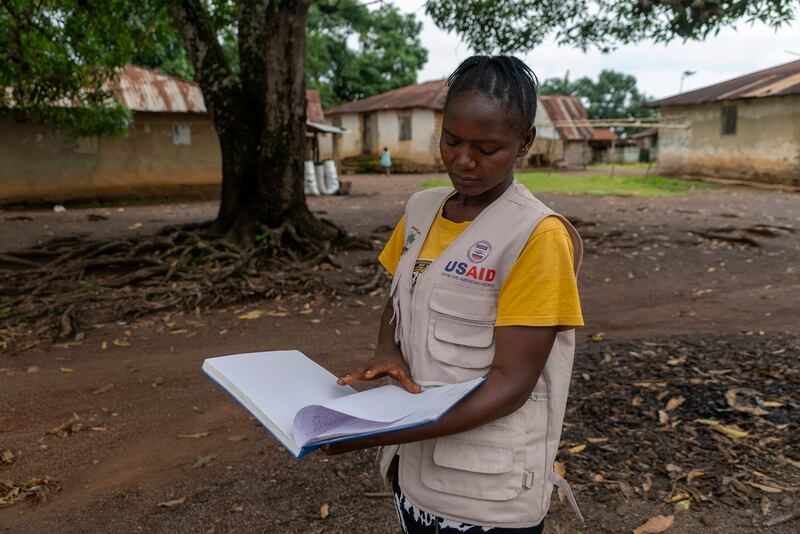- An appeals court decision allows the Trump administration to cut funds already budgeted for federal aid.
- The decision found that only the legislative branch can sue the presidential administration for impoundment.
- Without further legal intervention, the Trump administration can significantly reduce or end entire aid programs approved by Congress.
An appeals court ruling on Wednesday clears the way for the Trump administration to continue cutting funds previously allocated for foreign aid.
The U.S. Court of Appeals for the D.C. Circuit, in a 2-1 decision, ruled that only the legislative branch can sue a presidential administration for making changes to congressionally approved budgets, according to CNN.
This decision empowers the Trump administration to cut budgeted funds, allowing President Donald Trump to continue winding down foreign aid grants.
The ruling interpreted the law around the Impoundment Control Act, which “regulates the action of a president to delay or withhold funding that has been already appropriated by Congress in the federal budget,” according to CNN. This ruling found that only the comptroller general, a part of the Government Accountability Office in the legislative branch of the government, can sue the executive branch over alleged impoundment.

Wednesday’s ruling did not address the question of whether the cuts were constitutional, instead focusing on whether the nonprofits that sued the Trump administration had the standing to bring a case, according to ABC News.
This ruling lifted a lower court’s order requiring the administration to continue processing foreign aid payments with funds Congress had budgeted, according to The New York Times.
Judges Karen Henderson and Gregory Katsas, appointed by Presidents George H.W. Bush and Donald Trump, respectively, made up the majority in the ruling.
“The district court erred in granting that relief because the grantees lack a cause of action to press their claims,” the majority wrote, according to ABC News.
A dissenting opinion was written by Judge Florence Pan, a Biden appointee, which says that the decision diminishes the ability of the balance of powers to be “security against tyranny.”

“It is our responsibility to check the President when he violates the law and exceeds his constitutional authority. We fail to do that here,” Pan wrote, per ABC News.
According to The New York Times, Wednesday’s decision gives the White House a significant legal victory, giving the administration the authority of impoundment, which is something legal scholars and aid groups had considered to be strictly limited by federal law.
It is possible that this case could be reheard by another court, per CNN.



